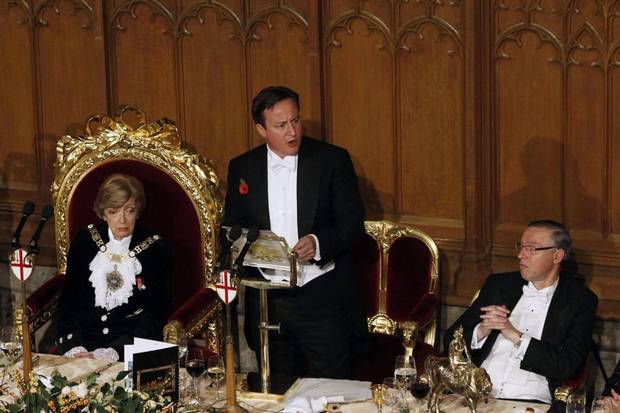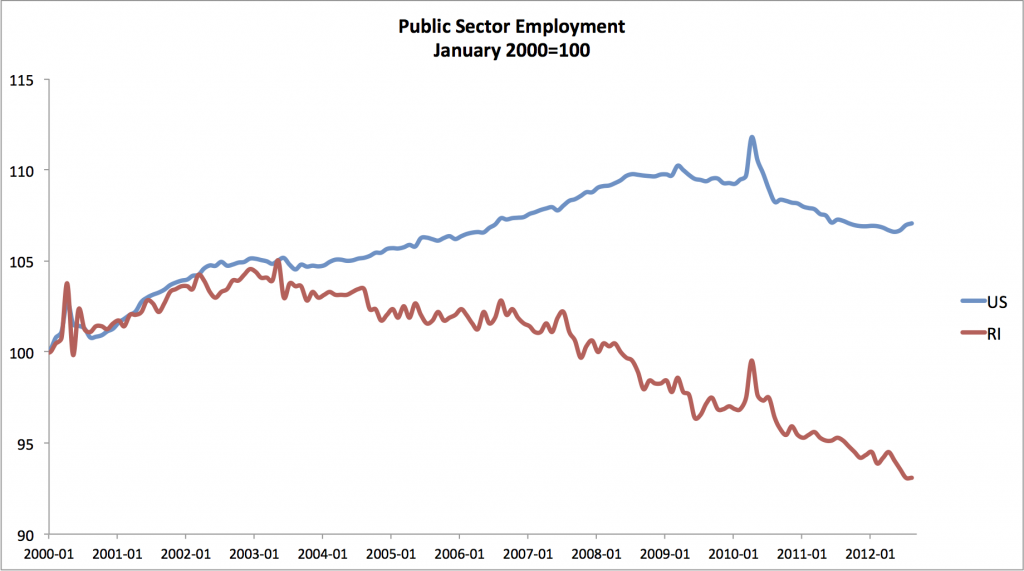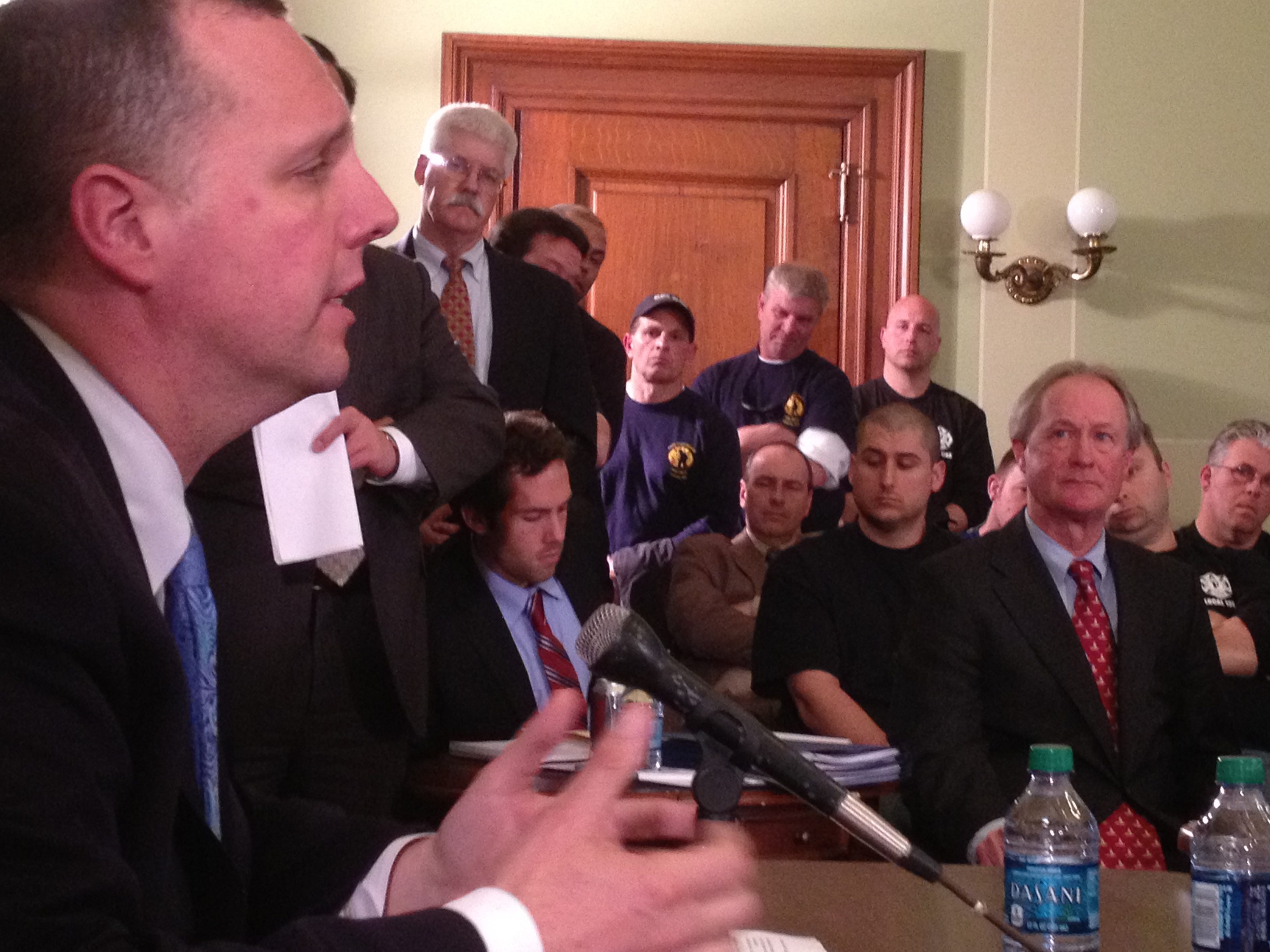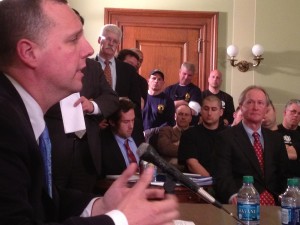 Gina Raimondo proposes allocating $60 million to fix up schools. As Sam Bell writes, she doesn’t say where the money will come from, only that the legislature will find it somehow.
Gina Raimondo proposes allocating $60 million to fix up schools. As Sam Bell writes, she doesn’t say where the money will come from, only that the legislature will find it somehow.
Gina Raimondo’s campaign manager, Eric Hyers, tells Phil Marcelo of the Providence Journal:
“This $60 million figure we’re talking about? To put it in context, we’re talking about 0.7 percent of the budget. What is more important than building schools that are new, safe, modern and help kids learn?”
Eric’s experience is in federal campaigns, so we can excuse the fact that he is obviously unfamiliar with the ferocity of fights at the State House over far less money than this. So here is a helpful list for him to consider of things that people might consider to be as important as building new schools:
- Staffing existing schools,
- Buying books and desks in those existing schools,
- Funding food stamps,
- Helping homeless or threatened children find a place to sleep,
- Paying unemployment benefits,
- Taking care of the psychiatric patients in the state’s care,
- Keeping bridges from collapsing,
- Reining in tuition increases at URI,
- Cleaning up sewage overflows,
- Keeping the lights on at the state hospitals,
- Keeping the state police on the highways,
- Staffing the prisons,
- Running the DMV,
- Keeping drinking water safe,
- Providing flu vaccines,
- Providing speedy trials to defendants
The fact is that you don’t get something for nothing. Repairing schools is a worthy goal. Pretending you can do it for free is how we got ourselves in the fiscal crisis we’ve been in for a decade. If someone has an idea about where the waste is, then let’s hear it. In the meantime, let’s not waste more time with magic money proposals.
Again, Eric’s strong suit is not the state budget, so here are some suggestions he could recommend for paying for this new expense. Some people would even consider items in this list to represent waste. Maybe he’ll mention them to Gina.
- Establishing combined reporting would raise about the right amount of money from big corporations doing business in Rhode Island. And
- According to last fall’s report, we pay $45 million to only 18 hedge funds to manage pension funds, out of $70 million in fees annually.
- According to my calculations, going back to the income tax rates of, say, 1996 would raise around $100 million per year.
- State tax credits (film and historic) waste tens of millions of dollars each year, money that goes to cutting the taxes of a rich person or corporation without any public benefit.
The last one there deserves special attention. When the historic tax credit program was ended a few years ago, our state borrowed money to repay those credits. The total amount borrowed was $150 million. Given the way the tax credits work, around $30-40 million of that was borrowed only to lower the taxes of people who had bought tax credits. That is, we borrowed to make a tax cut. If that’s not waste worth cutting out of state government, what is?









